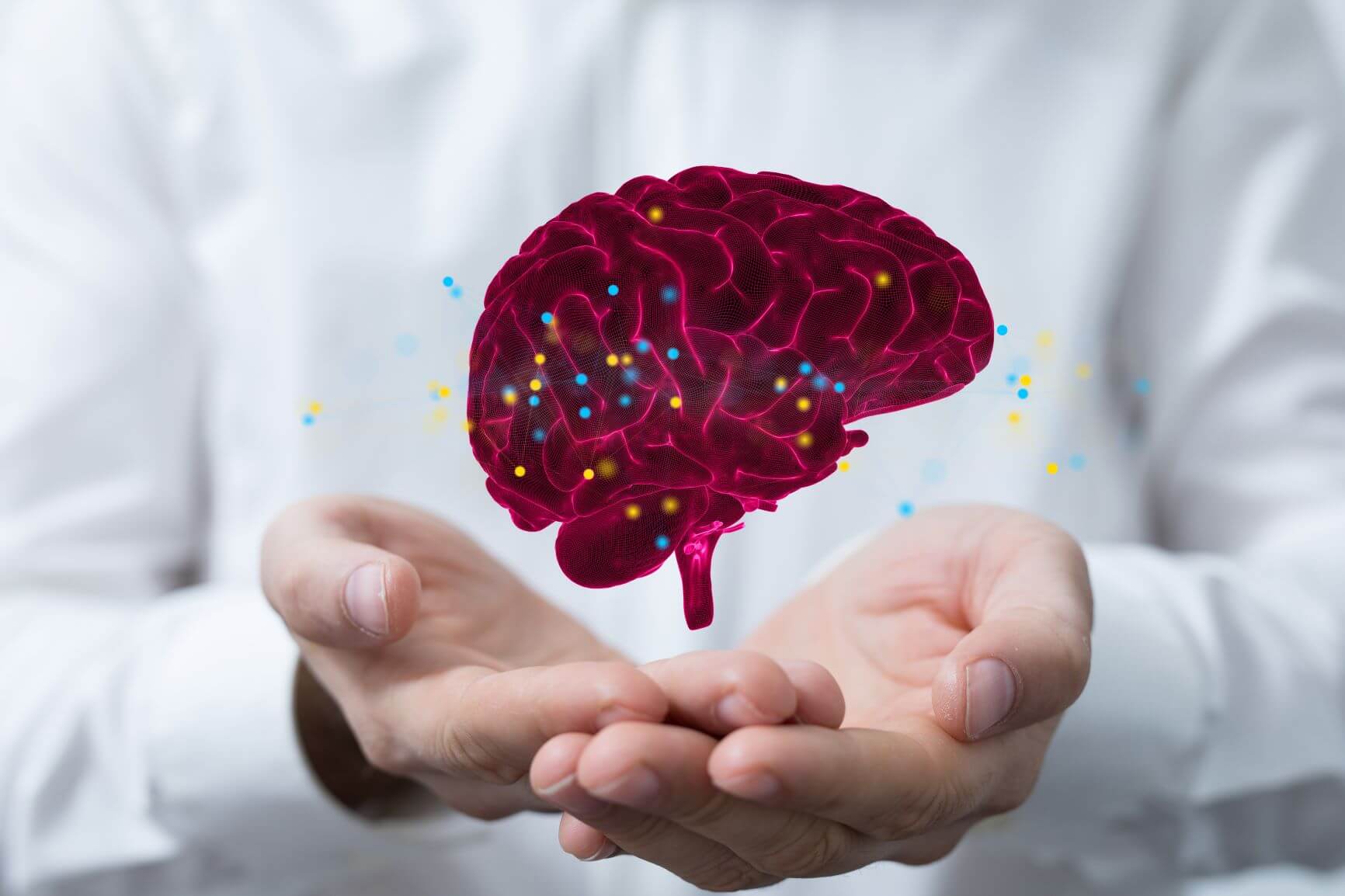Everyday Forgetfulness
Have you ever walked into the kitchen for the third time, still unsure what you were looking for? Or struggled to recall your neighbor’s name mid-conversation?
Maybe family members tell you you’ve repeated the same story several times. These experiences are common, especially for people over age 50.
Memory decline is one of the most frequent challenges in later life. Millions of people around the world cope with it daily, often without knowing when it’s normal and when it signals something more serious. The truth is not every memory slip is cause for alarm, and even when difficulties are real, there’s often much that can be done.
This guide explains the causes, symptoms, and ways to respond to memory decline in adults.
Discover Effectivate’s science-based cognitive training platform >>
Why We Forget – Causes of Memory Decline
Natural Aging
Think of the brain as a vast city with billions of streets. Over time, some streets branch out, while others close entirely.
This is how the brain changes with age. Starting around age 40, we lose about 5% of brain volume per decade. That doesn’t mean intelligence disappears, but rather, the brain becomes more selective, like a library clearing out old books to make room for new ones.
Other age-related factors include:
- Hormonal changes: Drops in estrogen and testosterone reduce efficiency, much like a car trying to run with less oil.
- Reduced blood flow: Narrowing vessels limit oxygen and nutrients to the brain, often showing up first as memory difficulties.
Medical Factors
- Heart disease: When blood doesn’t flow properly, the brain pays the price.
- Diabetes: High blood sugar gradually damages small brain vessels, greatly increasing memory risk.
- High blood pressure: Chronic pressure damages delicate brain tissue over time.
- Brain inflammation: Caused by infection or autoimmune activity, inflammation can leave lasting “scars” in memory pathways.
Emotional and Psychological Factors
- Depression: Often described as “brain fog,” with difficulty concentrating and retaining new information.
- Anxiety: Keeps the brain on constant alert, leaving little energy for memory or learning.
- Chronic stress: High cortisol levels become toxic to memory-related brain areas.
- Loneliness: The brain is wired for connection; without social stimulation, memory and thinking begin to decline.
Lifestyle Factors
- Poor sleep: Memory “consolidation” cleaning and strengthening happens during sleep.
- Inactivity: Exercise promotes blood flow and growth of new brain cells; without it, the brain stagnates.
- Unbalanced nutrition: The brain consumes 20% of our energy. Without vitamins, minerals, and healthy fats, it struggles to function.
Recognizing the Signs
Early Symptoms
- Forgetting names, even of people well-known.
- Misplacing objects frequently.
- Repeating questions or stories without realizing it.
More Advanced Symptoms
- Losing orientation, first in new places, then in familiar ones.
- Struggling with complex tasks that once felt easy, such as managing finances or following instructions.
- Forgetting important events or recent information.
When to Seek Help
- Sudden memory loss, such as forgetting how you arrived somewhere.
- Severe confusion about place or time.
- Forgetting close family members, which signals significant damage.
What Can Be Done
Medical Evaluation
A thorough checkup is always the first step. This may include:
- Blood tests for vitamin deficiencies or thyroid issues.
- Imaging (CT/MRI) to detect stroke, tumor, or other treatable conditions.
- Neuropsychological assessments to map memory and thinking abilities.
Training and Strengthening
- Brain training: Digital cognitive exercises challenge the brain at the right level, encouraging new connections.
- Learning something new: A language, a skill, or a hobby stimulates fresh pathways, providing “detours” if old ones weaken.
- Neuroplasticity: The brain can adapt and build alternatives, slowing decline and improving quality of life.
Start your free trial to combat memory decline today >>
In Summary
Memory is more than a skill, it is part of who we are. When memory begins to fade or decline, it can feel frightening, but it is important to remember: decline is not the end of the story.
With the right care, training, and lifestyle changes, it is possible to slow the process and continue living a full and meaningful life.
If you or someone you know is experiencing memory challenges, don’t wait, reach out, explore solutions, and take action today.
Explore the Complete Cognitive Dictionary of cognitive skills >>










